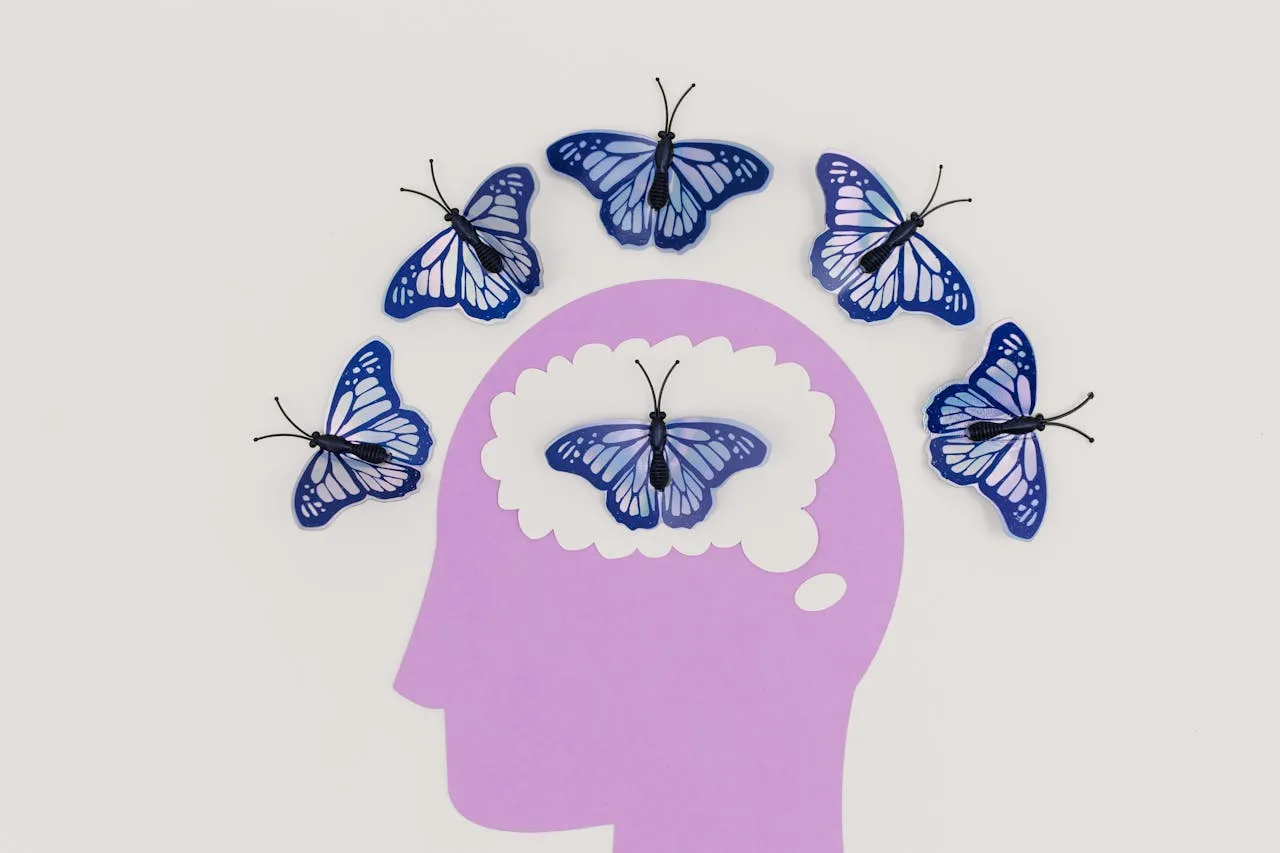The Science of Sleep: How to Improve Your Sleep Quality Naturally
Dec 09, 2023
Sleep is a fundamental aspect of our lives, crucial for maintaining physical and mental well-being. Despite its importance, many individuals struggle with poor sleep quality. In this article, we'll explore the science behind sleep and offer practical, science-backed tips to naturally enhance your sleep quality.

The Basics of Sleep:
1)Understanding Sleep Cycles:
- Sleep is a dynamic process composed of cycles, including non-rapid eye movement (NREM) and rapid eye movement (REM) sleep. Each cycle plays a vital role in physical restoration and cognitive function.
2)The Importance of Circadian Rhythms:
- Our bodies operate on internal biological clocks known as circadian rhythms. These rhythms regulate the sleep-wake cycle, emphasizing the significance of maintaining a consistent sleep schedule.
Factors Influencing Sleep Quality:
1)Stress and Sleep:
- Chronic stress can disrupt sleep patterns, leading to difficulties falling and staying asleep. Techniques such as mindfulness and deep breathing can alleviate stress and improve sleep quality.
2)The Impact of Diet:
- Certain foods and drinks, such as caffeine and heavy meals close to bedtime, can interfere with sleep. Opt for a balanced diet that supports sleep, including foods rich in tryptophan and magnesium.
Tips for Improving Sleep Quality:
1)Create a Sleep-Inducing Environment:
- Keep your bedroom cool, dark, and quiet. Invest in comfortable bedding and a supportive mattress. Minimize electronic devices to reduce exposure to blue light, which can interfere with melatonin production.
2)Establish a Consistent Sleep Schedule:
- Go to bed and wake up at the same time every day, even on weekends. This helps regulate your body's internal clock, reinforcing a natural sleep-wake cycle.
3)Limit Screen Time Before Bed:
- The blue light emitted by screens can suppress melatonin production. Aim to limit screen time at least an hour before bedtime, and consider using blue light filters on electronic devices.
4)Mind-Body Practices for Sleep:
- Incorporate relaxation techniques such as meditation or progressive muscle relaxation into your bedtime routine. These practices can calm the mind and signal the body that it's time to sleep.
5)Exercise Regularly:
- Engaging in regular physical activity can promote better sleep. Aim for at least 30 minutes of moderate exercise most days of the week, but avoid vigorous workouts close to bedtime.
6)Watch Your Caffeine Intake:
- Limit caffeine consumption, especially in the afternoon and evening. Caffeine is a stimulant that can interfere with falling asleep and reduce overall sleep quality.
Natural Sleep Aids:
1)Herbal Teas:
- Certain herbal teas, such as chamomile and valerian root, are known for their calming properties. Enjoying a cup before bedtime may help relax the body and mind.
2)Melatonin Supplements:
- Melatonin is a hormone that regulates sleep-wake cycles. Consider melatonin supplements, particularly for individuals with irregular sleep schedules or those adjusting to time zone changes.
3)Seeking professional Help:
- Consulting a Sleep Specialist: If sleep problems persist, consider consulting a sleep specialist. They can conduct assessments, such as polysomnography, to diagnose sleep disorders and recommend appropriate treatments.
Conclusion:
Understanding the science of sleep is the first step toward improving your sleep quality naturally. By incorporating these science-backed tips into your lifestyle, you can create an environment conducive to restful sleep and enhance your overall well-being.
References:
- Walker, M. P. (2017). Why We Sleep: Unlocking the Power of Sleep and Dreams. Simon & Schuster.
- National Sleep Foundation. (n.d.). Sleep Hygiene. https://www.sleepfoundation.org/articles/sleep-hygiene
- Grandner, M. A. (2017). Sleep, Health, and Society: From Aetiology to Public Health. Oxford University Press.
- American Academy of Sleep Medicine. (2017). Clinical Practice Guideline for the Pharmacologic Treatment of Chronic Insomnia in Adults. https://aasm.org/clinical-resources/clinical-practice-guidelines/insomnia/



